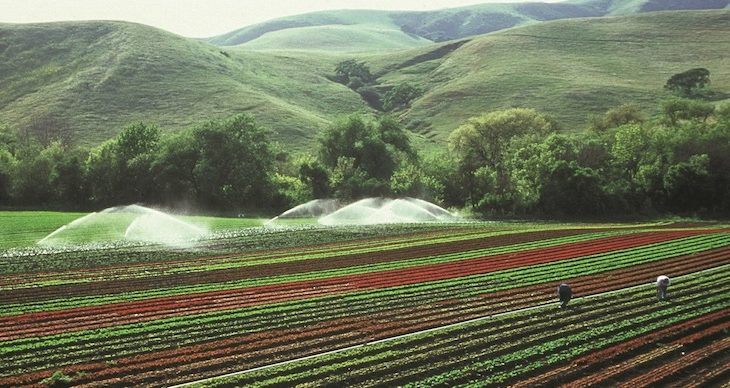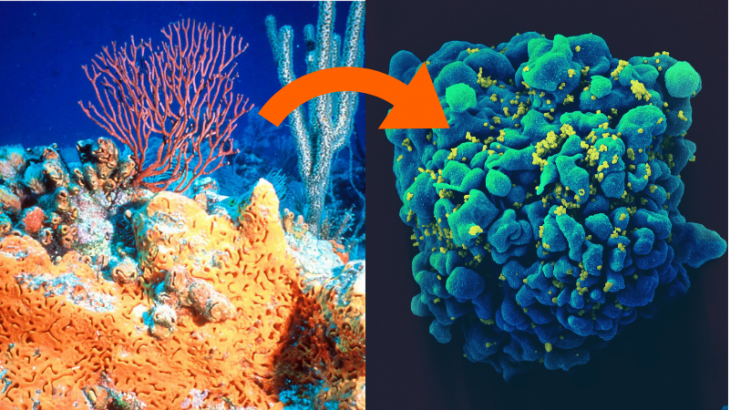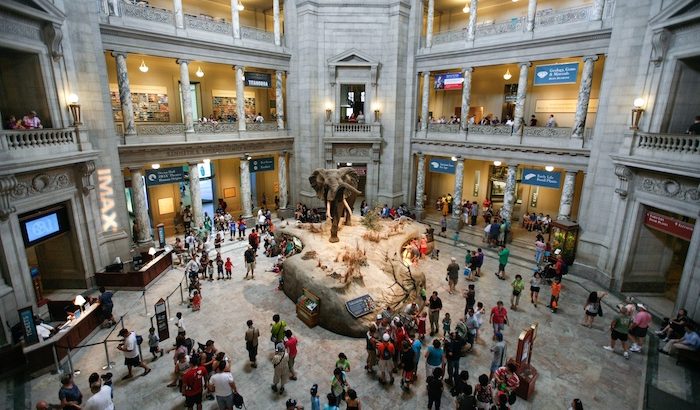
Kelsey Voss, New Science Communicator Freshwater: The most important resource of our fast-growing world. We need it to drink and to grow food. We use water for drinking, washing, industrial processes, natural resources, and growing food, but our water supply is dwindling. In recent decades, we have seen increasing declines in freshwater levels across the […]







